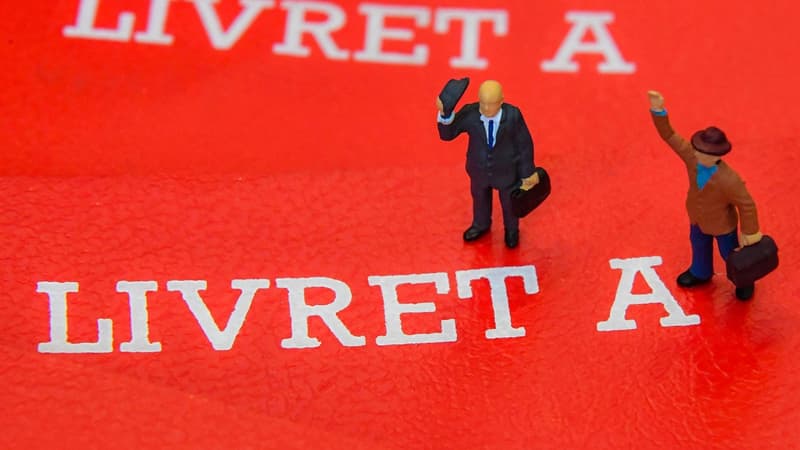A bad performance. The outstanding balance of Livrets A and Livrets de développement durable et solidaire (LDDS) increased by 3.25 billion euros in January, according to data published on Wednesday by the Caisse des Dépôts. This is very little for a month in which collections are traditionally high.
The total outstanding balance reached a record level of €568.1 billion on January 31 for these two easy-to-use, tax-free savings accounts with very similar features, up from €509.7 billion the previous year (+9.1% ). In detail, the deposits of French savers exceeded the withdrawals of 2.27 billion euros in January alone for the A pound – raising its outstanding balance to 417.6 billion (+8.6%) – and 980 million for the modest LDDS.
Counter performance
These 3.25 billion euros of net collection in January are a very modest level for the first month of the year, generally good for saving thanks to New Year’s gifts and a lower level of spending after the holidays. In the last two years, outstanding balances had increased by 11.22 billion euros in January 2023 – a record – and 6.8 billion in January 2022. In both cases, rates would increase the following month.
The poor results of January 2024, the twelfth since the generalization of the distribution of passbooks in all banks in 2009, are explained by a certain disenchantment, since the government had frozen the rate at 3%, while the rate of Usual calculation should have been 3.9. %.
Competence
The two regulated savings accounts have no reason to be ashamed of life insurance funds in euros, with guaranteed capital, whose profitability reached an average of between 2.5 and 3% last year, excluding taxes and social benefits. But they face competition from other savings products such as time accounts offered by banks or the Popular Savings Book (LEP), a tax-free savings product aimed at low-income households.
The LEP has experienced a boost since October thanks to an increase in the maximum limit, from 7,700 to 10,000 euros. It is less interesting because its rate fell from 6% to 5% on February 1, but its yield is still higher than inflation. Its net collection reached 1,920 million euros in January, the second result since 2009 (after 2023, barely), raising its outstanding balances to 73,800 million (+47.9% in one year).
Source: BFM TV


